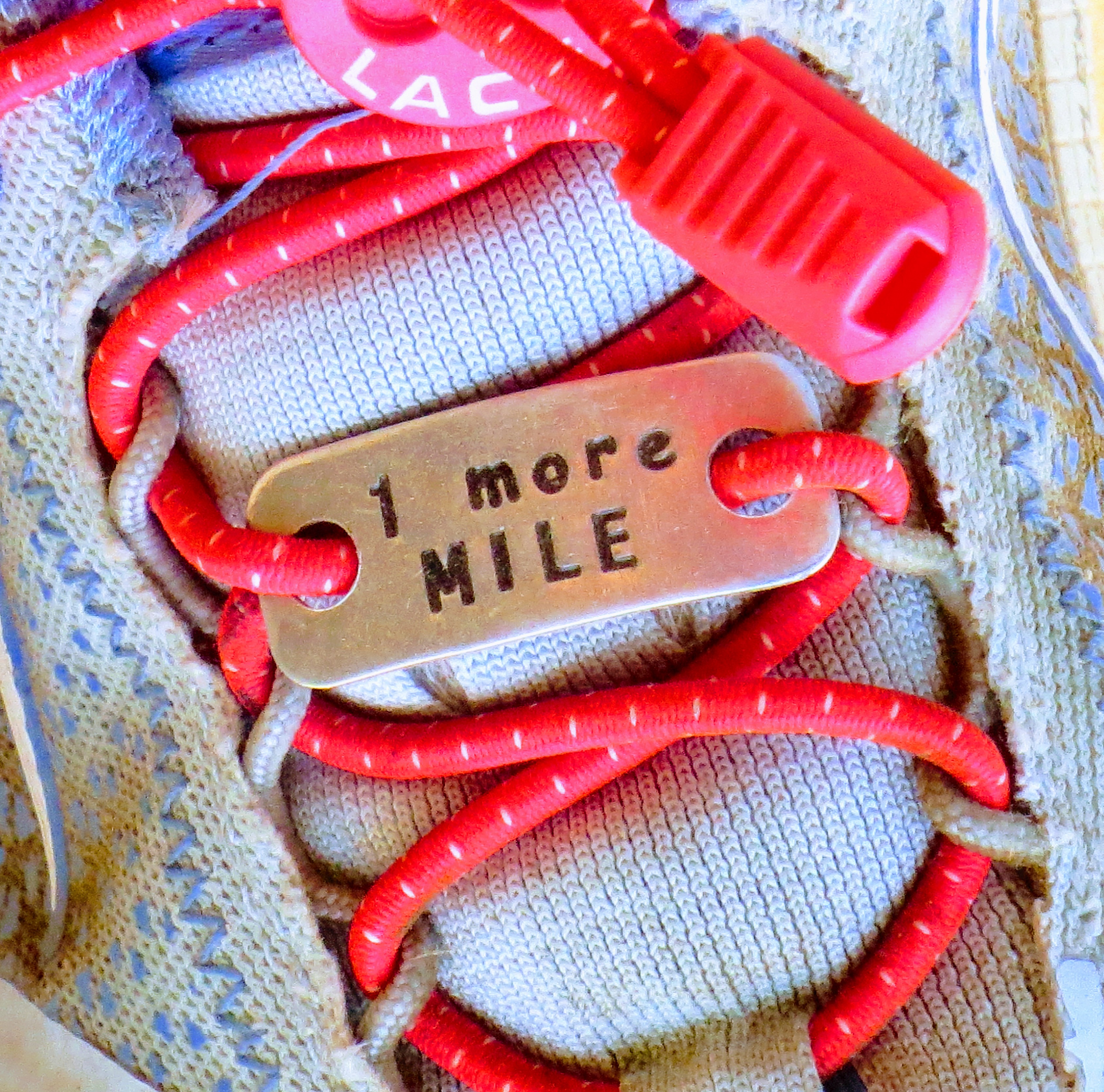Scroll through social media and you will get hit hard with lots of promises for fast and easy ways to reach a goal.
“Lose 30 pounds in 30 days”
“Run your Boston Qualifier in 16 weeks”
“Become a millionaire with 5 easy steps”
These promises lure us into goals that may not even be ours or do not align with our goals. We are left chasing dreams that belong to someone else. Then, when the going gets tough (because it always will), we find ourselves creatively manufacturing excuses and justifications for why this won’t work.
It is for this reason that it is important to take stock of what matters most. Taking time to set goals will help keep you grounded when alternate goals are dangled in front of your face.
For myself, I always have 100 goals I want to pursue. Mapping them out has helped me assess their feasibility, the steps I need to take to make them happen, and also keeps things in perspective so I don’t allow one goal to interfere with another. Ultimately, keeping in mind the long game ensures that the short term goals do not create problems for me down the road.
Here’s an example. My goals for this summer included:
- Building a better relationship with food and my body image
- Changing my body from a fit individual to an athletic individual
- Upping my weekly miles so my base is strong when I start training for my first 100K
- Increasing the strength in my upper body to sustain me through long runs
- Increasing my core strength to hold my form in place during long runs
Here’s how my story used to unfold:
Monday morning, alarms goes off at 4:45 am. Today is the day that I am going to become a new person. I start my morning off right and throughout the day I am committed and confident. The second day I wake up equally passionate and excited, surviving on sheer willpower to pursue the new habits. Three days of this, I am solid, keeping up, and feeling unstoppable. Then the fourth morning my alarm goes off and my feet don’t want to touch the floor. I want to curl up with my hubby and go back to sleep. I might be able to willpower myself out of bed one more day, but when day five rolls around, forget it. All bets are off. I fall off the horse and can’t pick myself.
The problem is that I didn’t make “Developing new and sustainable habits” a key part of my strategy and my #1 goal!
Now I invoke strategies that help me establish new habits that feel natural and normal rather than forcing myself to change my skin overnight.
Start by Envisioning the Future You
Take time to think about and even write down who you want to be 3 months, 6 months, a year, and 5 years and more down the road. Do you want to be able to run a marathon in 6 months but also want to be a marathon runner when you are 70? Or are you happy to cross a marathon off your bucket list and move onto a different goal? Knowing your long and short term goals will help you determine how much you are willing to sacrifice. Don’t push so hard you sacrifice your body to run one marathon if your goal is to run 100.
Introduce Changes A Little Bit at a Time
Look at the steps you need to take to reach your goals and break them down into smaller increments. If you want to build core strength, do not try to do a 15 minute workout every day, try 5 minutes 3 days a week and then build from there. When building up to long miles in a training plan, you always start small and add approximately 10% per week to avoid injury and burnout. Use the same logic with establishing new habits.
Be Willing to Take a Step Back
If you find yourself having difficulty completing even the small changes, take a step back and make them smaller. When making changes you are also breaking old habits and the combination requires a lot of mental and physical work. Be kind to yourself and recognize that slowing down is better when trying to reach your goal than stopping all together. If your changes are too big, you are more likely to stop all together.
Document Your Progress and Adjust Course as Needed
Write down your progress. This could be a simple journal where you write once a week where you are at and how things are going. Or maybe it is a training plan where you document daily the workouts you complete. By doing this, you can look back at how things are going. This will be incredibly helpful in determining if you need to take a step back or if you are on track. If you see things aren’t going well, be willing to adjust course.
Celebrate Successes
Another benefit of tracking your progress is the chance the celebrate the successes along the way. Before you even begin, identify some ways that you will want to celebrate. Make the celebrations consistent with the new you. Don’t celebrate with chocolate cake if you are trying to eat healthier. Celebrate with a dinner out to a healthy restaraunt you’ve been wanting to try. Or if you are trying to do more yoga at home, treat yourself to a class with your favorite yoga instructor even if it means getting a babysitter or taking a night off from chores.
Repeat
Once you reach your goal, start over again and take stock of what’s next. Maybe your next goal is the next grand step or maybe it is to maintain your new habits. Either ways, if we don’t keep focus on where we want to go (or how we want to stay), we are prone to slip back into old patterns. Never underestimate the power of on-going self-reflection.
One day, you wake up and realize that the person you envisioned so many months or years before, the person you weren’t sure you could become, is staring back at you in the mirror. Don’t forget to smile back and realize that your patience and determination got you to where you are today.
The journey continues…..

